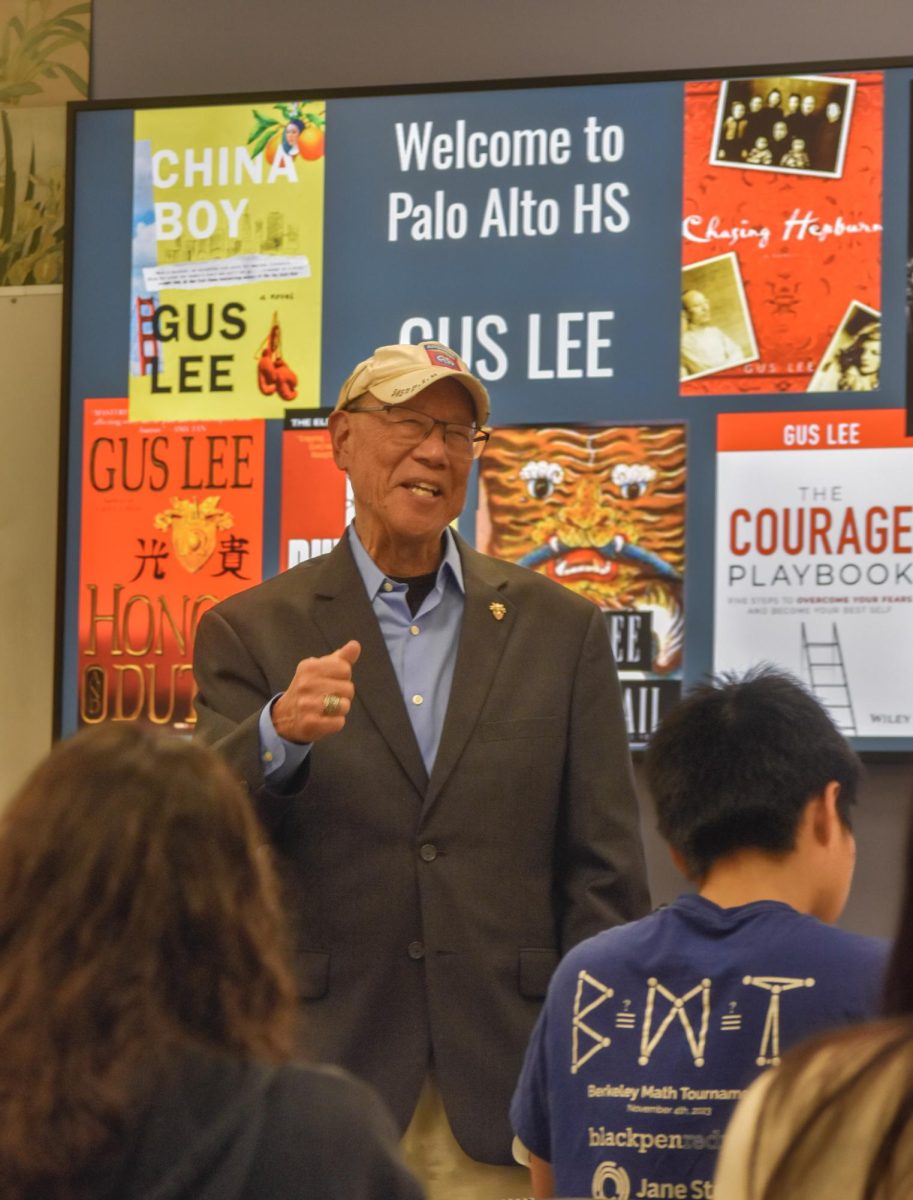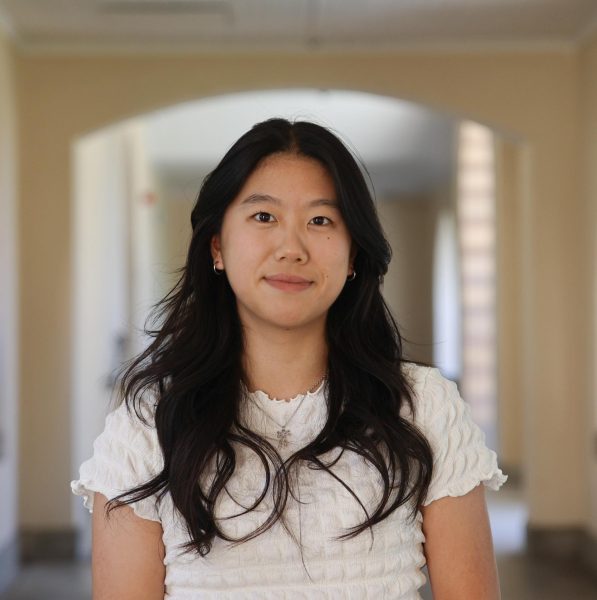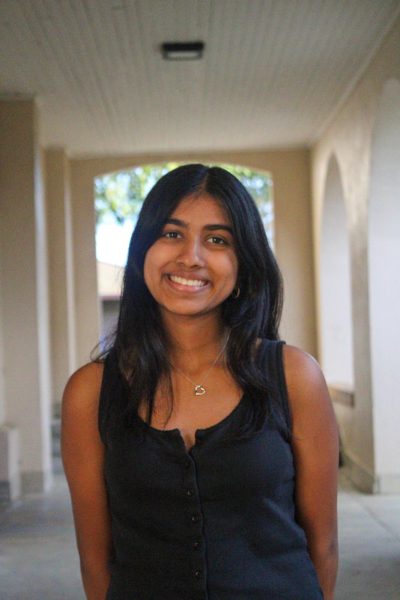“‘What is your identity? Who are you? You can choose,’ as my father said to me, ‘be Chinese or make war and be American, but pick and don’t look back.’”
With these words, Gus Lee, author of “China Boy,” delivered a message of the importance of individuality and culture to Palo Alto High School students last month during an in-class author visit.
In his novel, Lee weaves in details from his own experiences as an Asian American growing up in San Francisco’s Panhandle neighborhood. Throughout the book, Lee starts as a powerless child who gets picked on by other neighborhood kids and handles violence at home, but after he begins taking boxing lessons at his local YMCA — meeting real friends and a true father figure — he learns to stand up for himself.
According to Lee, he navigates his audience through the different stages of his life, sharing what he has learned along the way. During his Oct. 22 visit, he told students how different it was to go from “someone who was not supposed to use his body” because of his illness issues, to “being an athlete, to finding myself as an athlete, and then as a boxer, and then as a soldier.” From there, Lee moved to a career in the army, career in law, and then writer, but “most importantly — spouse, parent. That was the hardest job, and the most important.”
English teacher David Cohen said he invited Lee to speak to his English 10A students during class to enhance his students’ understanding of the messages from Lee’s novel. Cohen said he includes Lee’s novel to be a part of his class curriculum not only for analyzing its writing techniques, but for the important lessons and themes it communicates, especially relating with our community.
“’China Boy’ is a great vehicle for considering the universal questions and challenges all of us encounter in the never-ending process of becoming ourselves and defining our identity relative to our families, cultures, and community,” Cohen said. “It’s also a story with unique connections to the Bay Area and its diverse population, and even more specifically to the experiences of Chinese-Americans.”
Returning to Paly after a visit in 2005 and virtual meetings during the pandemic, Lee said he hopes to articulate his message about finding identity to Paly students through “China Boy.”
“I would want people to identify who you are in this story,” Lee said. “And after you do that, what is it you want to learn? Meaning, who is it you’re supposed to be? Who do you wish to become? And we, in this country, can actually decide that perhaps larger than in other societies.”
According to Cohen, he wishes for students to get a look into the person behind the text they study.
“I mainly hope that students will take away a sense of the real, live person behind the book,” Cohen said. “He wrote about a short but deeply formative period in his childhood, and it’s amazing to connect that little kid in the book to the accomplished, wise, charismatic yet humble adult he became.”
Sophomore Jasmine Kwak was a listener during Lee’s author visit and said that hearing directly from Lee enhanced her perception of the book and the themes that were included in it.
“Hearing from the author made the events in the story feel more “real” and impactful, because instead of the story being about a fictional character and events, you realize that the vast majority of horrible things that occurred in the book also occurred in real life,” Kwak said. “This made me think differently about the themes of abuse and violence present in the book.”
Other than discussions of the book and his own culture and identity, Lee touched on other themes during his visit. According to Kwak, his ideas on courage and bravery were one of the most impactful topics to her.
“The part of Gus Lee discussion where he talked about “moral courage” resonated most with me,” Kwak said. “He emphasized the importance of finding the courage to speak out against things that are wrong and to become a brave person who sticks to their morals. Not necessarily just the traditional implication of brave, things like being able to fight or take risks. The moral courage he talked about included integrity and honesty, and this stuck with me.”




